Organ trafficking document "not made by Hague"
The investigators of the Hague Tribunal did not author the confidential document that has appeared in the media recently.
Friday, 18.02.2011.
16:54

The investigators of the Hague Tribunal did not author the confidential document that has appeared in the media recently. The document said that the UN war crimes court was informed in 2003 about the 1999 organ trafficking in Kosovo and Albania. Organ trafficking document "not made by Hague" Frederick Swinnen, the special adviser of Hague chief prosecutor, denied this on Friday. The report was dated October 30 and faxed to Patrick Lopez-Terres, the Hague head of investigation at the time. It was sent by the then head of Hague mission to Pristina and Skopje Eamon Smith. Swinnen, however, told Radio Free Europe that those were confidential documents, but that the information had not come from the Hague, other than the fax memo. The files were not put together by the Hague, but originated from a different source, Swinnen explained, saying that was the reason he could not comment on the content. However, he did confirm that there were reports of human organ trafficking at that time. The Hague had detailed facts, but could not get any evidence since they lacked the names of the witnesses and because the UN Security Council ordered in 2004 that all investigations be closed, the Hague official remarked. "Dramatic testimonies" Meantime, the media continue to report the details of alleged kidnapping and organ trafficking atrocities that took place in Kosovo. The transport of Serb captives to northern Albania, where they were killed and their organs sold, started in mid 1999, when between 100 and 300 people were abducted, reads an UNMIK report from December 2003 quoted today by Serbia's state broadcaster RTS. UNMIK submitted a report on the crimes to the International Criminal Tribunal for the former Yugoslavia in late 2003, but an official investigation was never launched. "Most of these people were Serbian men from Kosovo taken captive between June and October 1999. Beginning in August 1999, some of these captives were were transferred from northern Albania to secondary detention facilities (private homes and rough industrial compounds) in central Albania, mainly near the town of Burrel, about 110 kilometers southwest of Kukes," reads the UNMIK report, reported RTS. "Captives were also moved to detention facilities near Peshkopi, 50 kilometers east of Burrel," adds the report. The UNMIK report also says that captives taken to central Albania were again moved, in small groups, to a private house south of Burrel that was set up as a makeshift clinic. There, organs were extracted from the captives, who then died and their remains were buried nearby. The age of the victims ranged from 27 to 50, according to this. The organs were transported to Rinas airport near Tirana and flown abroad, usually on commercial flights, Mondays and Wednesdays to Istanbul. Among the captives taken to the clinic near Burrel was a small number of females from Kosovo, Albania and eastern Europe. The last delivery of captives to the clinic was reported in the spring or early summer of 2000. The report is based on interviews with at least eight witnesses. The transports and surgical procedures were carried out with the knowledge or active involvement of mid-level and senior Kosovo's ethnic Albanian KLA members, as well as doctors from Kosovo and abroad. The operation was supported by men with links to Albanian secret police operatives of the former Albanian government of Sali Berisha, reads the report.
Organ trafficking document "not made by Hague"
Frederick Swinnen, the special adviser of Hague chief prosecutor, denied this on Friday.The report was dated October 30 and faxed to Patrick Lopez-Terres, the Hague head of investigation at the time. It was sent by the then head of Hague mission to Priština and Skopje Eamon Smith.
Swinnen, however, told Radio Free Europe that those were confidential documents, but that the information had not come from the Hague, other than the fax memo.
The files were not put together by the Hague, but originated from a different source, Swinnen explained, saying that was the reason he could not comment on the content. However, he did confirm that there were reports of human organ trafficking at that time.
The Hague had detailed facts, but could not get any evidence since they lacked the names of the witnesses and because the UN Security Council ordered in 2004 that all investigations be closed, the Hague official remarked.
"Dramatic testimonies"
Meantime, the media continue to report the details of alleged kidnapping and organ trafficking atrocities that took place in Kosovo.The transport of Serb captives to northern Albania, where they were killed and their organs sold, started in mid 1999, when between 100 and 300 people were abducted, reads an UNMIK report from December 2003 quoted today by Serbia's state broadcaster RTS.
UNMIK submitted a report on the crimes to the International Criminal Tribunal for the former Yugoslavia in late 2003, but an official investigation was never launched.
"Most of these people were Serbian men from Kosovo taken captive between June and October 1999. Beginning in August 1999, some of these captives were were transferred from northern Albania to secondary detention facilities (private homes and rough industrial compounds) in central Albania, mainly near the town of Burrel, about 110 kilometers southwest of Kukes," reads the UNMIK report, reported RTS.
"Captives were also moved to detention facilities near Peshkopi, 50 kilometers east of Burrel," adds the report.
The UNMIK report also says that captives taken to central Albania were again moved, in small groups, to a private house south of Burrel that was set up as a makeshift clinic.
There, organs were extracted from the captives, who then died and their remains were buried nearby.
The age of the victims ranged from 27 to 50, according to this.
The organs were transported to Rinas airport near Tirana and flown abroad, usually on commercial flights, Mondays and Wednesdays to Istanbul.
Among the captives taken to the clinic near Burrel was a small number of females from Kosovo, Albania and eastern Europe. The last delivery of captives to the clinic was reported in the spring or early summer of 2000.
The report is based on interviews with at least eight witnesses.
The transports and surgical procedures were carried out with the knowledge or active involvement of mid-level and senior Kosovo's ethnic Albanian KLA members, as well as doctors from Kosovo and abroad.
The operation was supported by men with links to Albanian secret police operatives of the former Albanian government of Sali Berisha, reads the report.











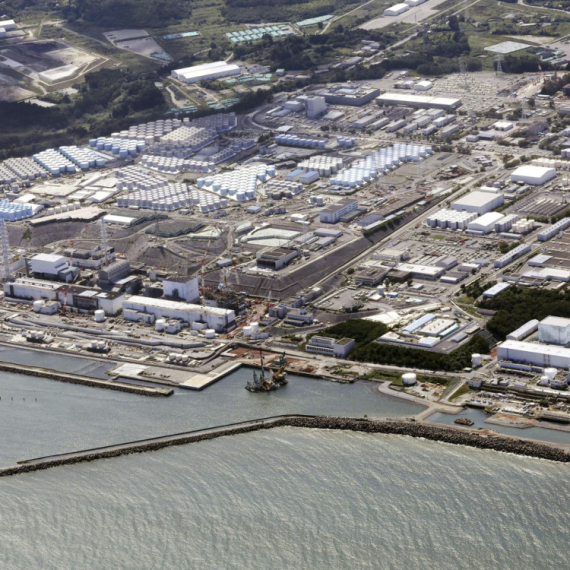
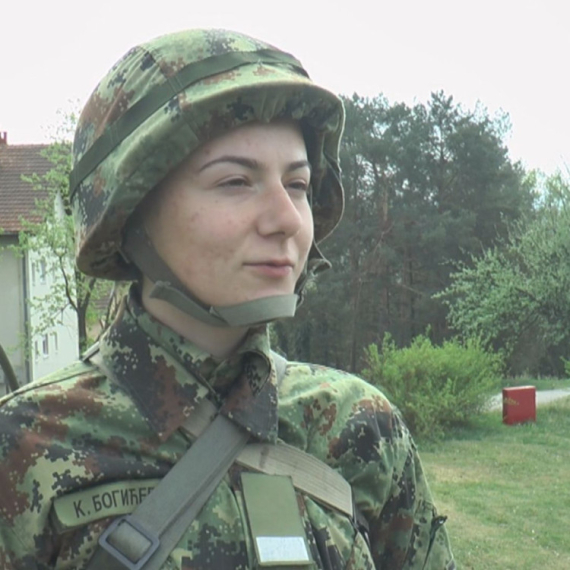


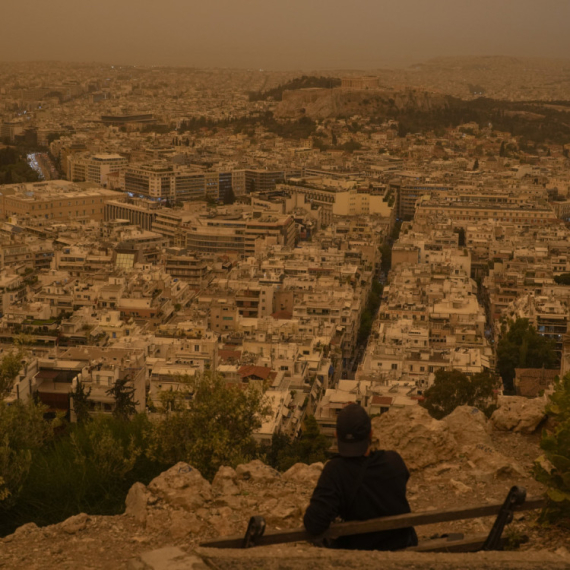





















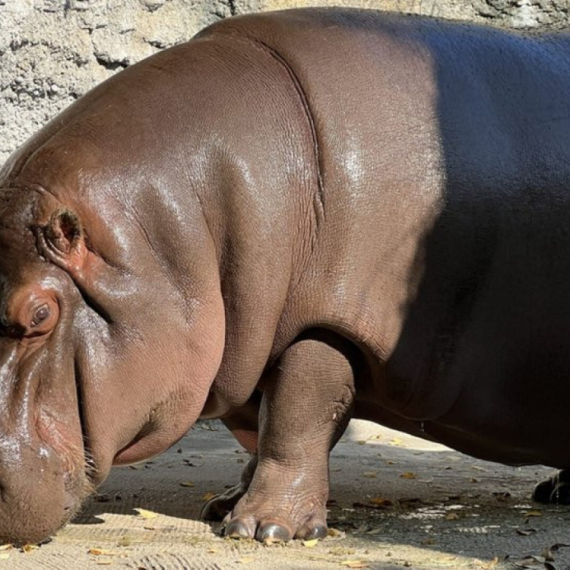
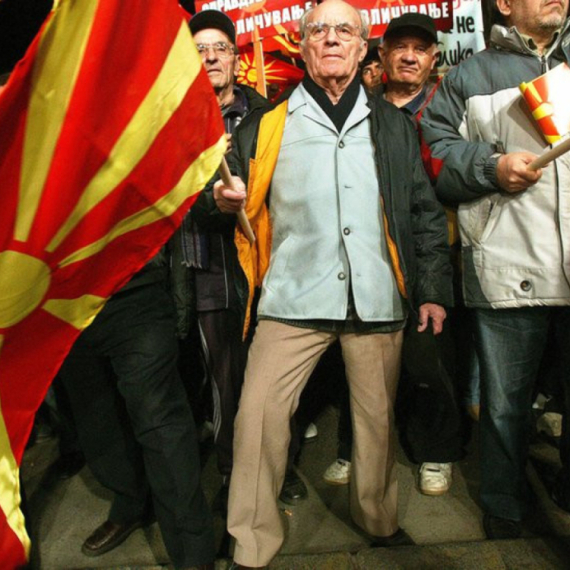


Komentari 14
Pogledaj komentare